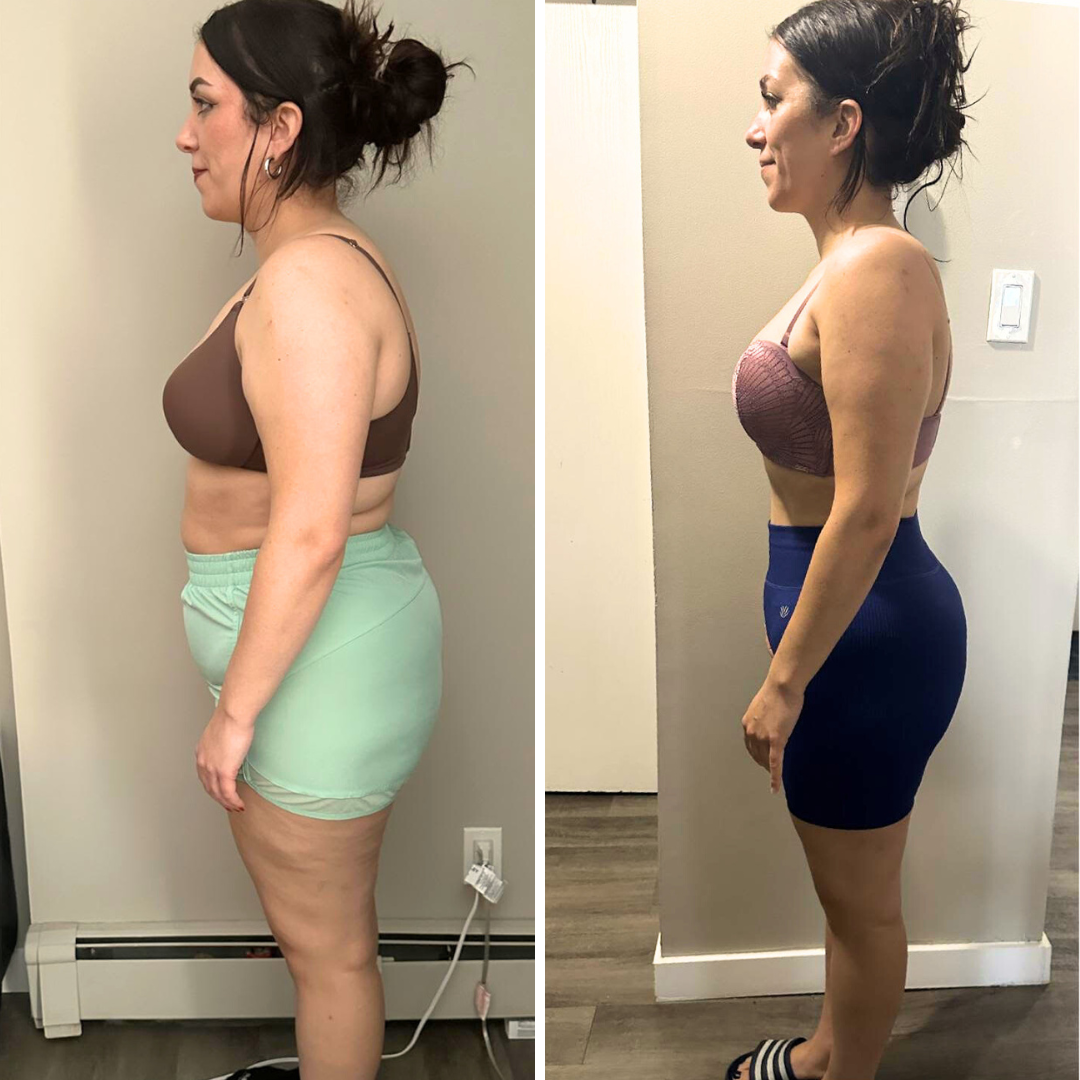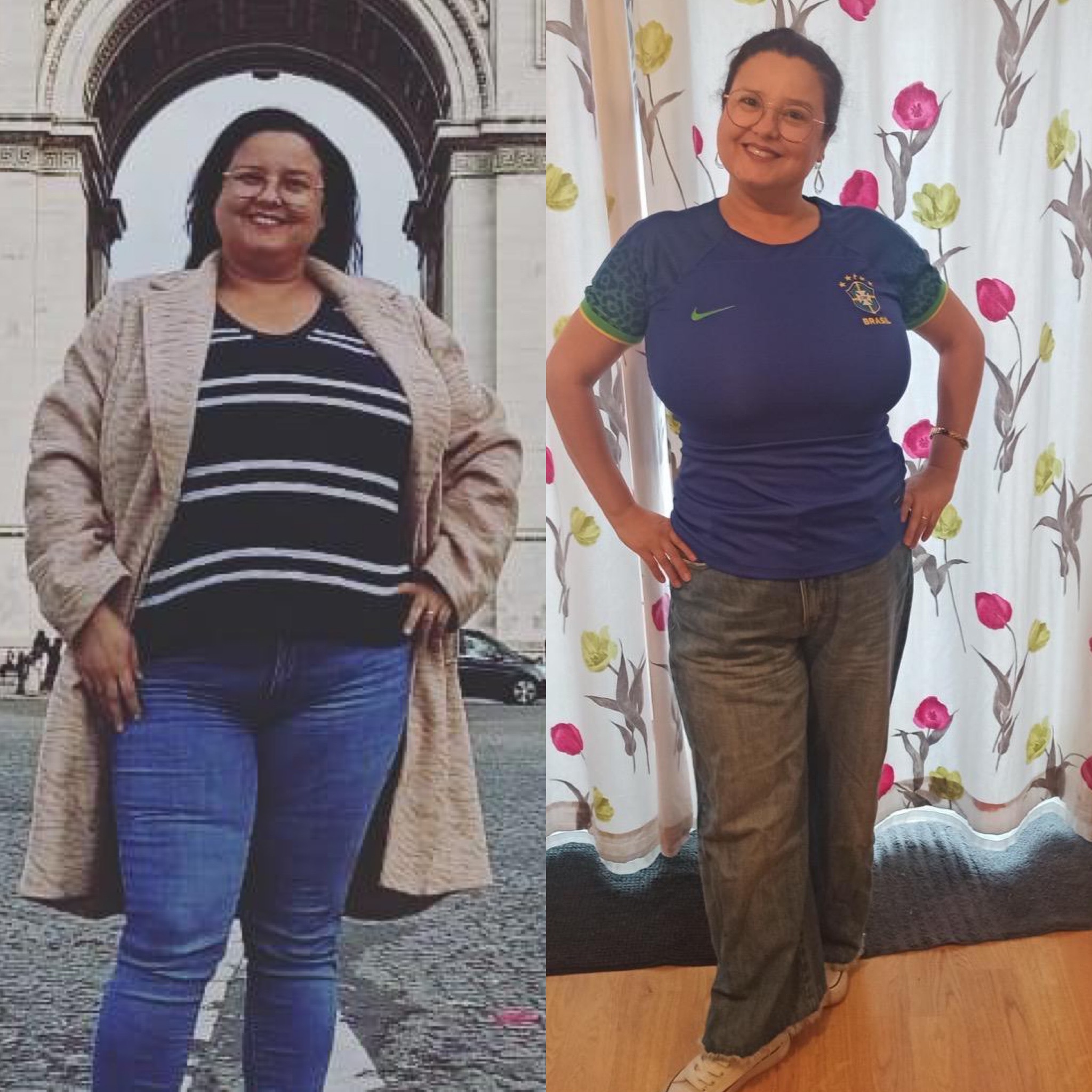What to Eat and What to Avoid in Each Menstrual Cycle Phase

Do you know how our menstrual cycle works?
There are different phases of the menstrual cycle: the follicular phase which is before ovulation and the luteal phase which is following ovulation and preceding menstruation.
A human menstrual cycle typically lasts 28 days, however, we know that the duration of the cycle can vary from one woman to another.
In the follicular phase, which occurs in the first 14 days of our cycle, there is lower secretion of Luteinizing Hormone (LH) and Follicle Stimulating Hormone (FSH). It starts with bleeding and ends with ovulation.
In the luteal phase, which occurs in the last 14 days of our cycle, progesterone increases, and estrogen decreases. It starts with ovulation and ends with the next bleeding.
Therefore, there are 4 phases of the menstrual cycle: Menstrual phase, Follicular phase, Ovulation and Luteal phase.
What we feel in each phase of the menstrual cycle
- Menstrual phase (day 1 to day 5): That’s the period phase. We have menstrual bleeding, cramps or abdominal pain, fatigue, and mood swings. Estrogen and progesterone levels drop in the last days of menstruation.
- Follicular phase (day 1 to day 13): The happy time of the month. We experience better mood, increased levels of energy and higher libido. High levels of estrogen in this phase. We feel lean and energetic!
- Ovulation (approximately day 14): Best time to conceive. We experience mild pelvic pain, increased libido, and a slight increase in basal temperature. Estrogen levels peak before ovulation.
- Luteal phase (day 15 to day 28): Pre-period time we feel tired and cravings. We normally experience breast tenderness, bloating, mood swings or irritability, fatigue, and cravings for certain types of food, related to the increase in progesterone levels. The most common period cravings include high carbohydrate foods, and high sugary foods because we feel tired and our body associates these foods with an instant energy fuel. Be aware that they can worsen the symptoms and also make you gain weight.
How do these hormonal variations impact our eating habits?
Hormonal variations have a significant impact on women’s eating habits, as the increase in estrogen levels during the follicular phase leads to reduced appetite, while the decrease in estrogen and increase in progesterone levels during the luteal phase lead to hyperphagia (increased appetite) due to the association with reduced serotonin. This affects the appetite, mood, sleep, and energy levels. So we need to pay close attention to the luteal phase, where eating behaviour can change significantly if not well managed with nutritional strategies. This is when the well-known premenstrual syndrome (PMS) occurs. A registered nutritionist or dietitian nearby will be able to help you develop a plan to manage the diet monthly.
90% of women experience menstrual symptoms, but only 20 to 40% have premenstrual syndrome (PMS). This syndrome is characterised by emotional and behavioural symptoms such as sadness, depressive symptoms, increased sensitivity, anxiety, irritability, bloating, increased appetite or cravings for carbohydrates.
It is well known that a Western diet, rich in refined carbohydrates and sugar, worsens premenstrual symptoms. Alcohol consumption also negatively contributes to the increase in these symptoms. So what not to eat during the period:
Sugary foods, pastries, sugary drinks, alcohol.
During the menstrual cycle, there are also significant changes in the translocation of intestinal bacteria, with a peak usually occurring towards the end of the cycle, which is associated with increased symptoms of fatigue, anxiety, bloating, and food cravings. Therefore, dietary diversity and increased fibre intake are very important for balancing intestinal bacteria.
Menstrual phase foods:
- Menstrual phase (day 1 to day 5): What to eat on your period? Iron-rich foods such as lean red meat, beans, lentils, and dark leafy greens – help combat fatigue and lost iron.
- Follicular phase (day 1 to day 13): Normal days diet. Fresh fruits, colourful vegetables, whole grains, nuts and seeds – support energy and mood with plenty of fibres and vitamins. Consume seeds with an estrogenic profile such as flaxseeds and pumpkin seeds.
- Ovulation (approximately day 14): Increase the chance of conception. Lean proteins such as chicken, fish, eggs, and cruciferous vegetables like broccoli, cauliflower, and cabbage – support progesterone production.
- Luteal phase (day 15 to day 28): Pre-period foods. Eat fish oil-rich food like salmon, and flaxseeds, and food rich in vitamin B6 such as bananas and potatoes – supports the reduction of irritability and helps regulate hormone levels. Consume seeds with a progesterone profile such as sunflower seeds and sesame seeds.
Do you know which nutrients are associated with better management of premenstrual symptoms?
The luteal phase is nearly half of the cycle and it plays an important role for women who experience strong PMS symptoms. See the tips from our London clinic of nutrition.
- Omega 3: 1g of fish oil per day is known to increase the probability of better control of symptoms associated with the luteal phase, especially cramps.
- Zinc: Lower concentrations of zinc during the luteal phase induce neuropsychological symptoms like emotional instability, isolation, irritability, and depression.
- Calcium and Vitamin D: Low levels of calcium and vitamin D during the luteal phase can exacerbate PMS symptoms.
- Magnesium: Its deficiency is associated with more intense PMS symptoms.
- Vitamin B6: Important in this phase due to its relation to neurotransmitter production, it is associated with fewer psychological symptoms.
- Turmeric: Linked to improvements in behavioural and mood symptoms during the luteal phase.
- Ginger: Associated with the reduction of menstrual cramps and headaches common in the luteal phase.
Foods that help with menstrual cramps and other PMS symptoms:
Salmon or other fatty fish, dark green leafy vegetables like kale and spinach, ginger and turmeric for seasoning or beverages, nuts like almonds, seeds like flaxseeds and chia seeds, berries, dark chocolate at least 70%, bananas, whole grains like brown rice and oats, avocados and cruciferous vegetables like broccoli and cauliflower.
Do you know what other lifestyle factor accentuates hormonal changes?
Stress levels can cause changes in female hormones, making women susceptible to premenstrual syndrome. Therefore, stress management techniques are an important ally in controlling symptoms during the luteal phase.
Breathing techniques, exercise, relaxation, massage, good night’s sleep can all help to manage stress.
Summary of important dietary considerations during the luteal phase (before your period):
- Dietary patterns based on the Mediterranean diet, reduce animal fats and reduce common premenstrual fluid retention, while fibres can increase hormone detoxification.
- Limiting prolonged fasting periods is important because impacting cortisol levels during this phase can affect hormones.
- Restrict excessive sodium consumption (added salt and ultra-processed products).
- Reduce consumption of alcoholic and sugary drinks.
- Limit caffeine intake.
- Increase consumption of foods rich in vitamin E, calcium, magnesium, zinc, and omega-3.
- Prefer complex carbohydrates, which are high in fibre and cause lower insulin spikes.
- Include legumes or nuts at least once a day, as they are rich in the amino acid tryptophan, necessary for producing serotonin and melatonin, aiding in emotional and sleep improvement during the luteal phase.
- Chromium picolinate is also associated with improved serotonin levels during this phase, enhancing mood and reducing the hyperphagia characteristic of the luteal phase.
- Include foods rich in phyto melatonin, such as kiwi, cherries, oats, and nuts.
- Regular physical exercise.
- Stress management techniques such as breathing exercises, meditation, and acupuncture.
Now that you have learned more about each phase of the menstrual cycle and how to manage better with food and lifestyle, you can pay attention every month and associate your cravings and emotions with your cycle.
If you need help to have a table with a healthy diet for your cycle or you want to learn more about how to control cravings, speak to one of our registered dietitians or nutritionists by booking a consultation in our London clinic of nutrition in person or virtually.
Get an action plan with a Free Assessment!
Get personalized insights to enhance your well-being and achieve your goals. In this 15-minute video call, we will listen to you and guide you on what you need to do.
Schedule Your Free AssessmentRecent blogs







